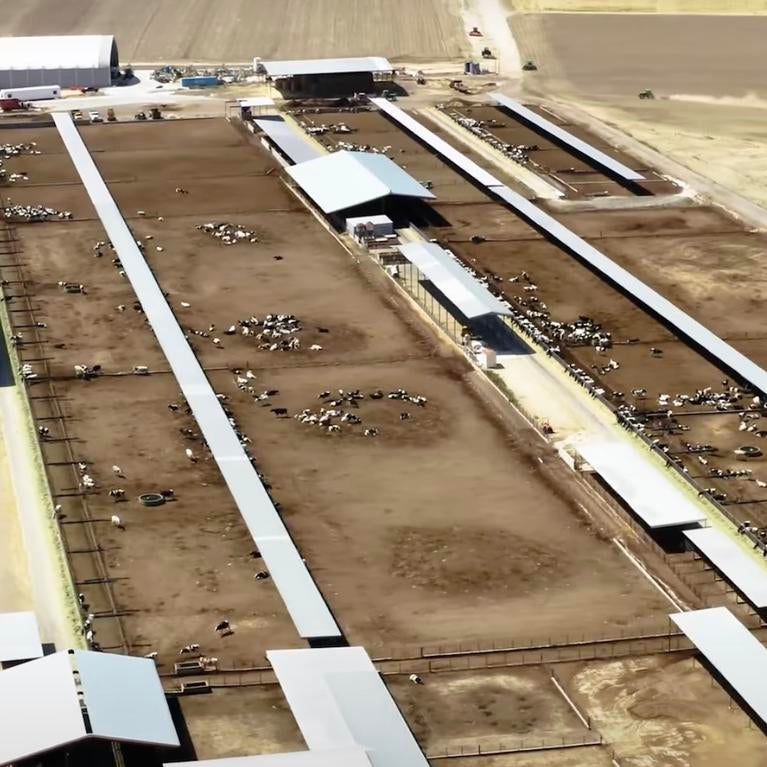
How drones can help dairy farms manage methane emissions
Accurate atmospheric measurements directly over their farm can help farmers fight climate change
By Holly Ober |
| Science / Technology

Accurate atmospheric measurements directly over their farm can help farmers fight climate change